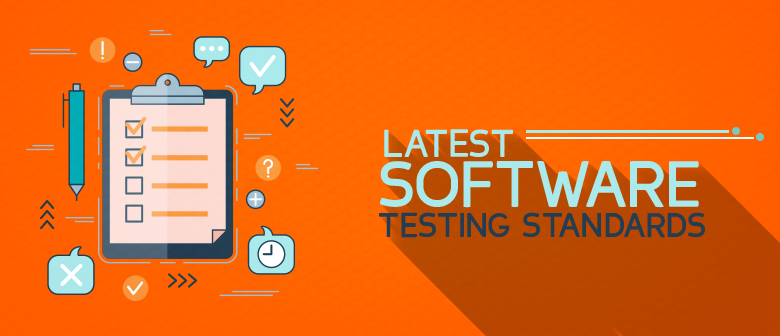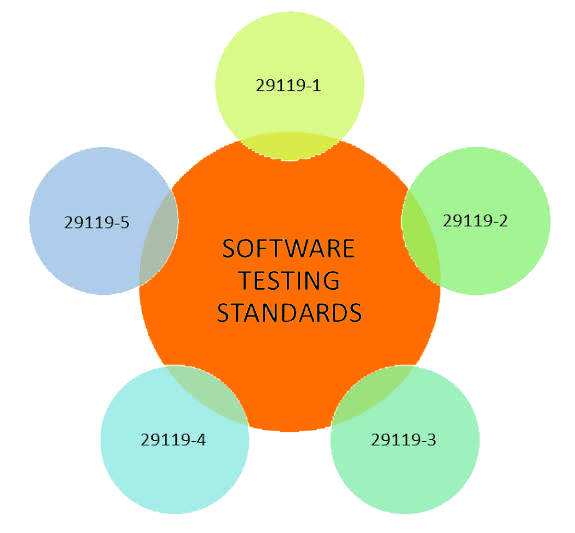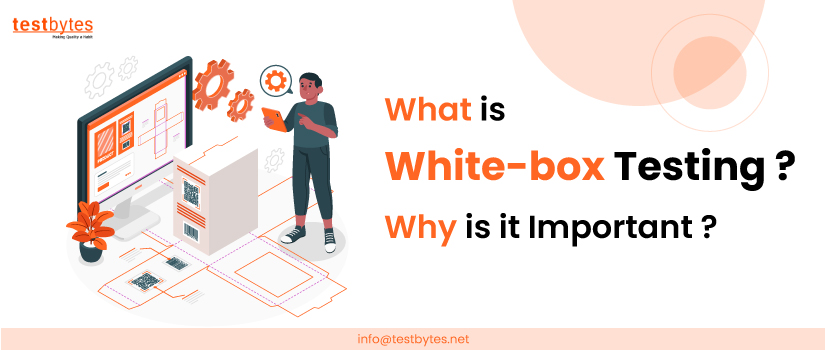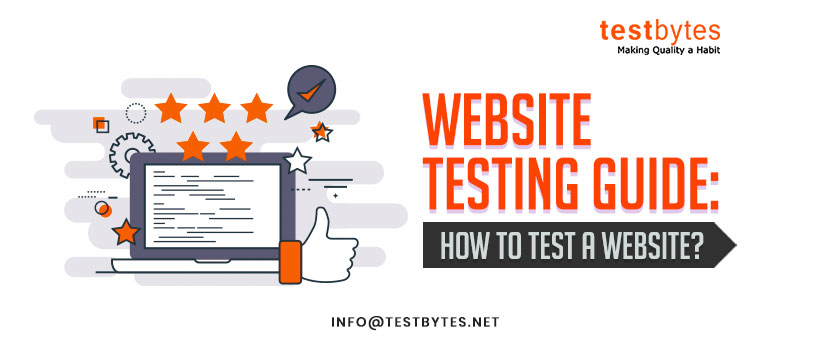
5 Latest Software Testing Standards
October 4th, 2017

Software testing standards are a set of rules or standards that are expected to be met in a particular product or service offered by a company. Compliance to these set of rules is important for a company as it defines the extent to which a company is performing it duty legally and is not engaged in any sort of malpractice. Moreover, doing so also ensures the delivery of high quality products.

While there are several software testing standards like ISO and IEEE standards already in place, another ISO has been recently added to the list in order to match with the pace of global technological advancements and it is ISO/IEC/IEEE 29119.
IEEE Standards Association
According to the IEEE standards association, the latest software testing standards are permitted to be used within a software development life cycle (SDLC) or in any particular organization that is involved in software development and testing.
Implementing these standards is an excellent way for the companies to adhere to the only internationally recognized and agreed standards for software testing as well as find a supreme quality approach towards quality assurance.
Introduced and developed by a group known as “Working Group 26” in May 2007, the new software testing standards have been developed as a series that when executed ensures maximum quality and performance of the product.
Standards of ISO/IEC/IEEE 29119
Divided into five different sections, each section of this testing standard has a different purpose and need to serve as mentioned below:
1. ISO/IEC/IEEE 29119-1
This software testing standard focuses on definitions and concepts of all other standards in the 29119 series of quality standards. It helps user understand the vocabulary on which the other standards in the series are built as well as provides relevant examples to show the way in which each concept works in practice.
A complete knowledge bank, the 29119-1 can also be considered to be the foundation of IEEE software testing standards. Some of the topics that are included in this series are introduction to software testing, testing processes in SDLC, risk-based testing, common test practices, defect management, etc.
2. ISO/IEC/IEEE 29119-2
This standard has been designed with an aim to develop a generic process model that can be used for conducting testing in any SDLC.
As per this standard, the testing process will work on a three-layer process that would include organizational test specifications such as organizational test policy and test strategy, test management and dynamic testing.
Laying a special emphasis on alleviation of risks, this standard allows the process of testing to focus on product’s key features and attributes under test.
3. ISO/IEC/IEEE 29119-3
With a special focus on documentation, this standard provides standardized templates that are designed in a way that covers the entire SDLC. However, these templates can also be customized as per each organization’s unique requirements.
Designed in alignment with the process defined in the ISO/IEC/IEEE 29119-2, this software testing standard is likely to surpass the IEEE 829 standard.
4. ISO/IEC/IEEE 29119-4
With a focus on software test design techniques developed for organizations and SDLC models, the techniques present in this standard can be an effective way to develop test cases that can be used to present evidence that each requirement mentioned under test have been successfully met or there are certain defects that need to be rectified.
Designed on the basis of BS-7925-2 component testing standard, this standard covers a number of dynamic software testing techniques such as equivalence partitioning, classification tree method and boundary value analysis.
5. ISO/IEC/IEEE 29119-5
This standard supports those techniques and approaches that support keyword driven testing, a technique that involves describing test cases on the basis of predefined set of keywords.
These keywords are based on a set of actions that are required to be performed using specific steps in a test case. Writing keywords in a natural language helps one gain an easy understanding of these test cases.
Implementing these standards may enable companies to deliver better products in the market, a lot of these are encouraging to follow authentic and reliable software techniques and approaches as a whole.
Conclusion
Software testing standards are a must as it serves a validation for customers as well as the owner the testing company in ensuring that software testing is meeting certain standards.

It doesn’t matter what kind of standards or regulatory rule your company is complying. Ultimately these standards will make sure that customer is happy and the testing company is getting good reviews. A win win situation for everybody.


 Software Testing Events
Software Testing Events App Testing
App Testing Web App Testing
Web App Testing Game Testing
Game Testing Automation Testing
Automation Testing Load Testing
Load Testing Security Testing
Security Testing Performance Testing
Performance Testing Hire a Tester
Hire a Tester





